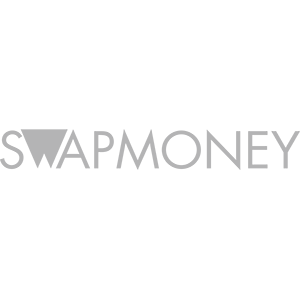Card programs are an important component of most challenger bank offerings today. But with so many fintechs competing for attention, it is difficult to make a program stand out.
Read more:
- Challengers making the leap from retail banking to business banking
- Is modular integration the secret to success for alternative lenders?
The traditional route to market for a US card program doesn’t make this task any easier. In this model, a fintech has to connect with, and effectively become an agent of, a sponsor bank, riding on the back of its compliance – for Anti-Money Laundering (AML) and Know Your Customer (KYC) requirements and so on – in order to onboard customers.
These bank-sponsored card programs subsequently become reliant on the issuing bank’s (often outdated) legacy technology and infrastructure. The card program also has to connect to a processor, which adds another layer to an already cumbersome process.
APIs offer a quicker route to market
Many of the smarter start-ups are following another path and taking advantage of the API-powered banking technologies being pioneered by the likes of Marqeta. As a dual issuer/processor, Marqeta provides an API layer that connects fintech card programs directly to a sponsor bank, while also taking control of the onboarding and KYC requirements.
For fintechs such as Brex, which used Marqeta to launch its corporate card for start-ups in 2018, this means getting to market much quicker. But as more and more fintechs embrace the opportunities offered by API technology layers, they will also need to differentiate their offering.
Challengers are already doing this in a number of innovative ways, from providing consumers with an option to invest change left over following everyday transactions into stocks, to offering services on the B2B side such as expense management tools on top of traditional banking.
One thing is clear: it won’t be enough for a fintech just to offer simple transfers, as there are too many players – the Venmos and CashApps of this world – already doing just that. To succeed, fintechs will need to identify a niche in the market and have a clear strategy for attracting customers.
Low interest rates will force challengers to re-think strategies
Many fintechs are currently pitching high-yield savings accounts, but COVID-19 is going to mean a low-interest environment for the foreseeable future. These fintechs will now be scrambling to figure out an alternative strategy.
This is where Currencycloud’s cross-border payments offering comes into play. With more and more start-ups operating internationally, particularly e-commerce merchants and life sciences firms, some of the sharper challengers have realised they can differentiate by offering these businesses FX and international payments services.
To succeed in this space, they will need to address two crucial issues customers face when moving money internationally – transparency and speed of settlement. In the traditional correspondent banking model, there’s a massive lack of transparency with cross-border payments, due to the archaic structures used to transfer money globally through different central banking systems.
It’s hard to work out where funds are at any point in time, which makes tracing payments time-consuming and complicated. Additionally, settlement for some international payments can take several days.
Sending money overseas is no longer a lottery
Currencycloud addresses these challenges by providing a full-suite global wallet product. We can help to settle international payments in just one or two days, and we’ll soon be introducing the capability to pre-fund certain global payments, to speed up settlement even further. Through our use of the global tracking technology SWIFT gpi, we can also provide complete transparency, with the ability to track payments at every stage.
From an industry perspective, it’s interesting to see how some of the more successful fintechs are evolving their offerings in order to stand out from the competition. For many, providing a seamless solution for sending and receiving international payments, coupled with GPS-like payment tracking, could be the next stage in their efforts to differentiate.
Find out how Currencycloud Spark enables fintechs to provide multi-currency accounts to business customers to collect, store, convert and pay in more than 35 currencies.




